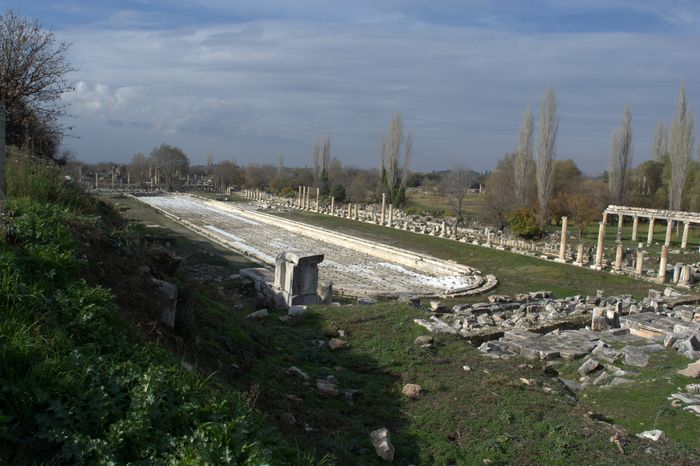6. If the injury has been done to a free man, who serves you bona fide, you have no actio, but he can bring an actio in his own name, unless he has been injured merely to insult you, for, in that case, you may bring the actio injuriarum. So, too, with regard to a slave of another who serves you bona fide, you may bring this actio whenever the slave is injured for the purpose of insulting you.
7. The penalty for injuries under the law of the Twelve Tables was a limb for a limb, but if only a bone was fractured, pecuniary compensation being exacted proportionate to the great poverty of the times. Afterwards, the praetor permitted the injured parties themselves to estimate the injury, so that the iudex should condemn the defendants to pay the sum estimated, or less, as he may think proper.
Penalty appointed
The penalty appointed by the Twelve Tables has fallen into desuetude, but that introduced by the praetors, and termed honorary, is adopted in the administration of justice. For, according to the rank and character of the person injured, the estimate is greater or less; and a similar gradation is observed, not improperly, even with regard to a slave, one amount being paid in the case of a slave who is a steward, a second in that of a slave holding an office of the intermediate class, and a third in that of one of the lowest rank, or one condemned to wear fetters.
8. The lex Cornelia also speaks of injuriae, and introduced an actio injuriarum, which may be brought when anyone alleges that he has been struck or beaten, or that his house has been broken into. And the term “his house” includes one which belongs to him and in which he lives, or one he hires, or one in which he is received gratuitously or as a guest.
9. An injuria is said to be of a grave character, either from the nature of the act, as if any one is wounded or beaten with clubs by another, or from the nature of the place, as when an injury is done in a theater, a forum, or in the presence of the praetor; sometimes from the quality of the person, as when it is a magistrate that has received the injuria, or a senator has sustained it at the hands of a person of low condition, or a parent or patron at the hands of a child or freedman.
For the injuria done to a senator a parent or a patron is estimated differently from an injury done to a person of low condition or to a stranger. Sometimes it is the part of the body injured that gives the character to the injuria as if any one had been struck in the eye. Nor does it make any difference whether such an injuria has been done to a paterfamilias or a filiusfamilius, it being in either case considered of a grave character.
Read More about The Institutes 535 CE part 48








